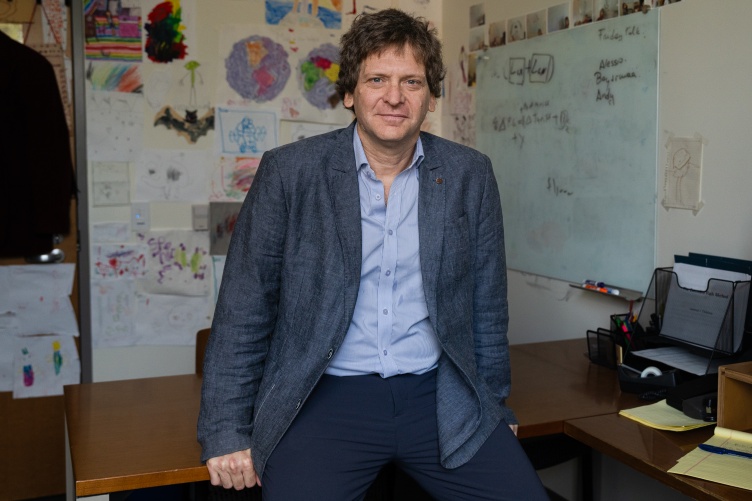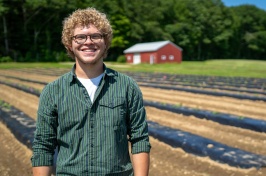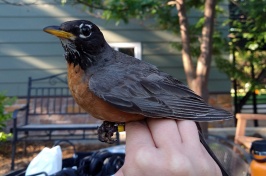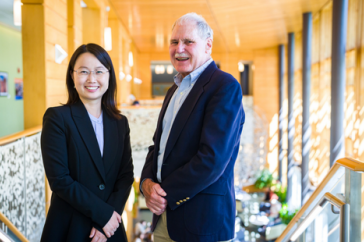
Loris Rubini, an associate professor of economics, was recently honored with the 2023 Paul T. Paul College of Business and Economics Outstanding Researcher Award.
Loris Rubini loves all aspects of academia, encompassing teaching, service and research. However, he admits that he takes particular pride in his research.
This made it especially welcomed news when he learned he had won 2023 Peter T. Paul College of Business and Economics Outstanding Researcher Award.
“To me the researcher award is the one I really wanted,” Rubini says. “I value my qualities as a researcher and was very proud.”
Rubini, an associate professor of economics, primarily focuses his research on the intersection of macroeconomics and international trade. The quality and volume of Rubini’s research has been praised by his colleagues and peers.
“Dr. Rubini’s research productivity has been quite impressive over the past several years, with six papers published (and one more forthcoming) since 2019. He also has a sizable pipeline, with one paper at the revise and resubmit stage, seven completed working papers nearing submission, and four works in progress,” Bradley Herring, the McKerley Professor of Health Economics, wrote in his nomination letter.
Herring added that Rubini has built a strong external reputation as a “skilled modeler who produces the highest quality research.”
Many researchers have commended Rubini for his 2014 solo article, “Innovation and the trade elasticity,” in the Journal of Monetary Economics that showcased how trade models could incorporate firm innovation. At that time, research hadn’t accounted for innovation in international trading and Rubini said he wanted to test his theory that exporting is linked to innovation.
“One thing the model said was that innovation would amplify the changing trade volumes that would come from a trade liberalization and that’s very useful because one of the puzzles in international trade is why do trade liberalizations increase trade volumes by so much,” Rubini says.
A major objective of macroeconomics is translating words into math, according to Rubini. He said he appreciates the process of starting with an assumption and seeing whether the math proves him right or wrong or leads him down a different path entirely.
“It’s really nice to be able to think about problems and be able to strip them down to the math,” Rubini says. “You start with an idea but then the idea takes on a life of its own, you end up answering a question that might not be the question you originally started with, but you end up answering an interesting question nevertheless.”
This is why Rubini often stresses to his doctoral students not to get frustrated when their question/theory proves to be wrong or changes, because it just sends you down a different path.
“In economics we start thinking that everything has been done, and then you learn that very little has been done,” he says.
Recently, Rubini has worked closely with Paul colleagues Jaroslav Horvath and Yin Germaschewski on research related to measuring the levels of corruption within countries by looking at business cycles within the economy.
In a 2021 article published in the Journal of Economic Dynamics and Control, the professors compared the economies in China and the United States by tracking measures such as gross domestic product movement and statistics related to unemployment and consumption volume. The comparison helped the professors establish a model for corruption and they are in the process of expanding their research.
For the upcoming academic year, Rubini will be taking on new challenges, including beginning a term as the doctoral program director for economics and teaching an undergraduate course to go along with graduate courses.
“There’s a lot of learning that goes with assuming a new role; fortunately I have a lot of help from people that have already been in this position,” he says. “And of course, I would like to keep on publishing. I have several papers under different stages of publication.”
-
Written By:
Aaron Sanborn | Peter T. Paul College of Business and Economics | aaron.sanborn@unh.edu




















































